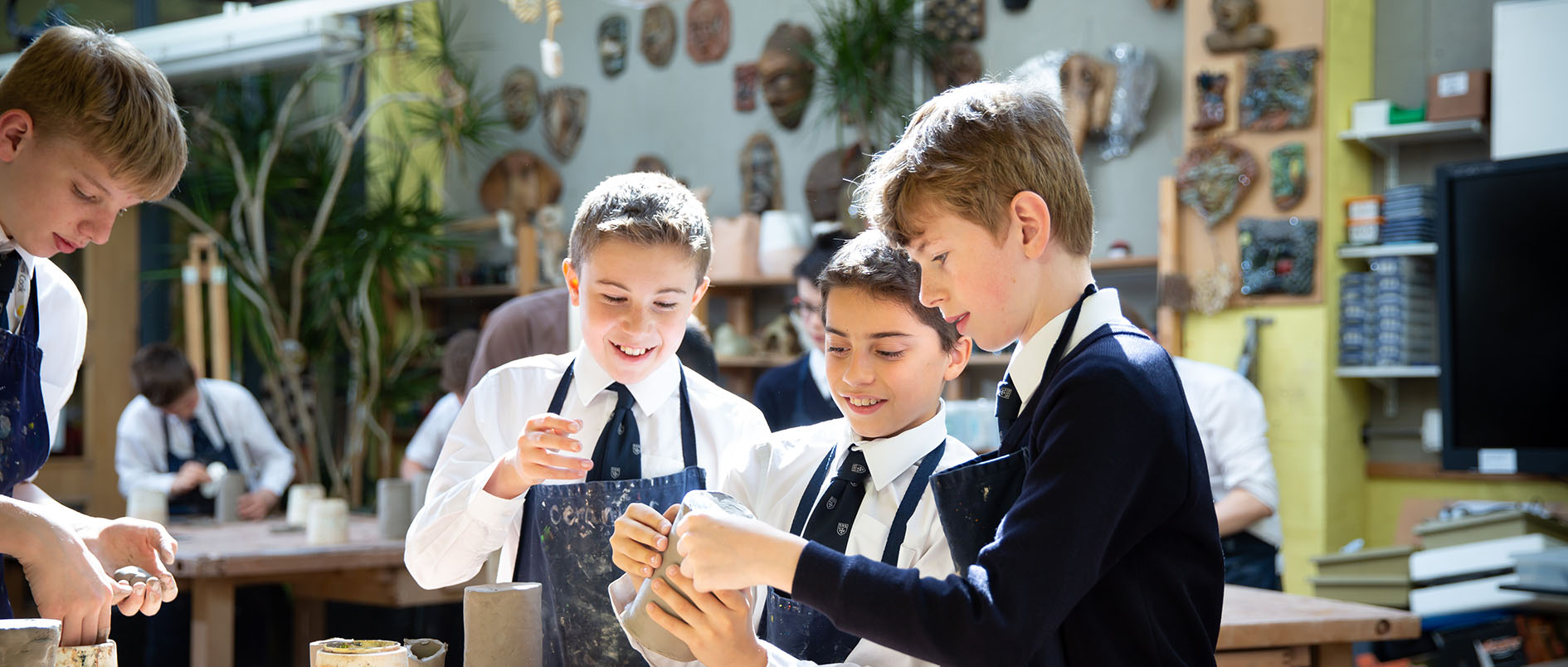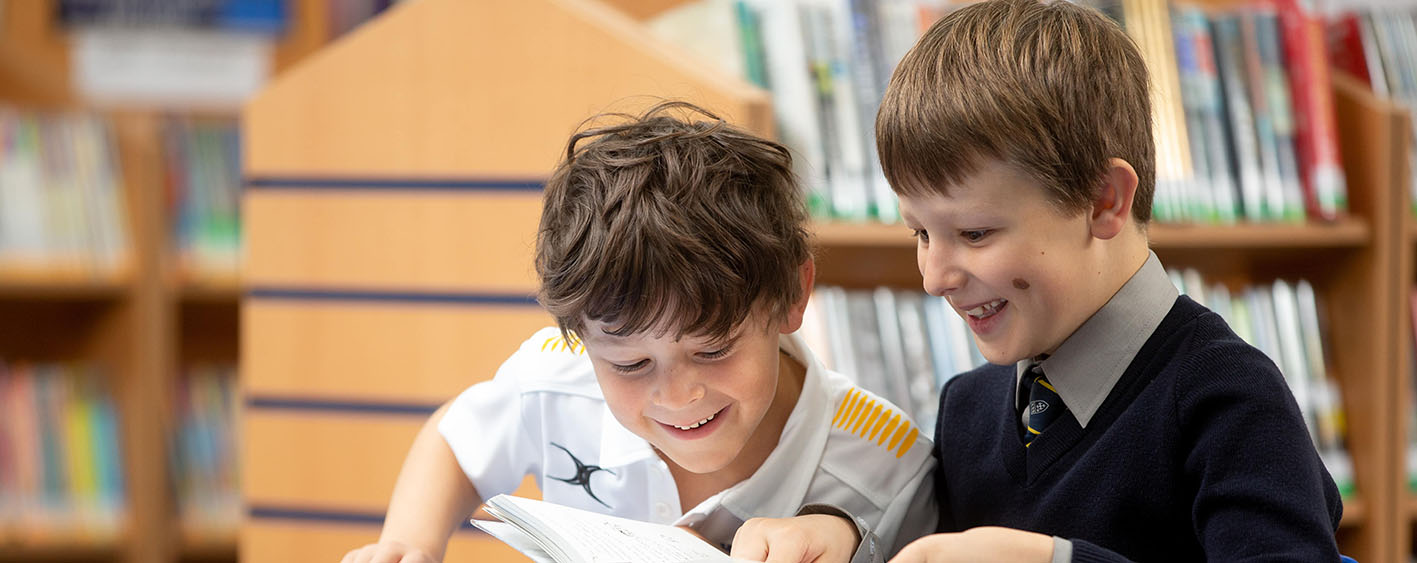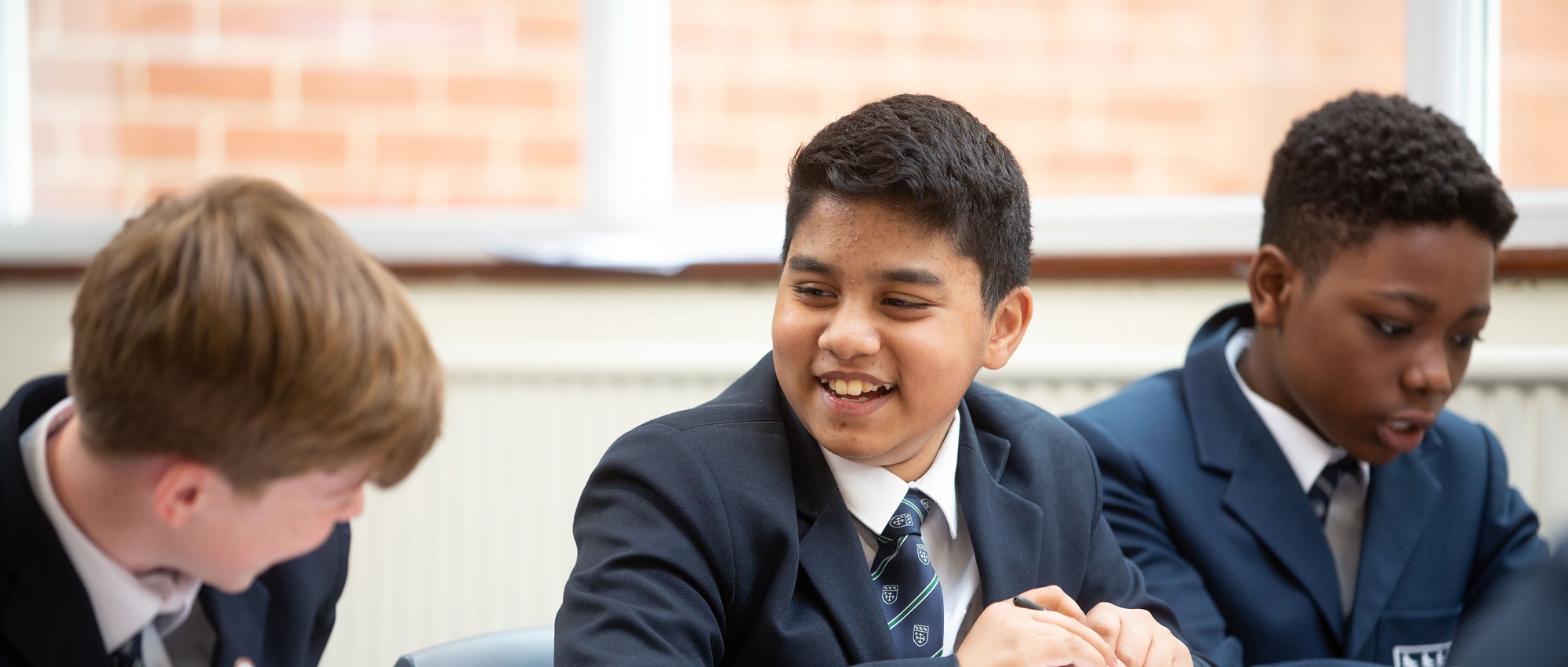Teaching Compassion
.png)
Compassion - The feeling or emotion, when a person is moved by the suffering or distress of another, and by the desire to relieve it. (Oxford English Dictionary)
Learning compassion is a vital skill that will help children throughout their lives; it encourages kindness, patience, acceptance and tolerance and promotes a better understanding of others, which in turn helps to develop social connections and build stronger relationships.
Compassionate children are active listeners, and this helps them to better understand and work with others. The ability to see things from another person’s perspective is a valuable strength, which in turn, can help a child to develop their skills of creative thinking.
When children are compassionate, they help to create a more caring environment which benefits both themselves and those around them; they understand that negative behaviour towards others can cause negative outcomes.
Self-compassion– being kind to yourself - is the recognition that things don’t always go the way you hoped; and that struggles and challenges are part of life which everyone goes through from time to time.
When children learn to treat themselves with self-compassion, they; are happier; have more confidence; are more likely to try new things or to try again when things don’t work out straight away; have more resilience, so can ‘bounce back’ after difficult times; and are less likely to struggle with low self-esteem and anxiety.
In his book, ‘The Decent of Man’, Charles Darwin proposes that, “…sympathy (compassion) is much strengthened by habit… (and) …as it is of high importance to all those animals which aid and defend one another, it will have been increased through natural selection; for those communities, which included the greatest number of the most sympathetic members, would flourish best...”.
by Miss Mellor, Deputy Head.






















